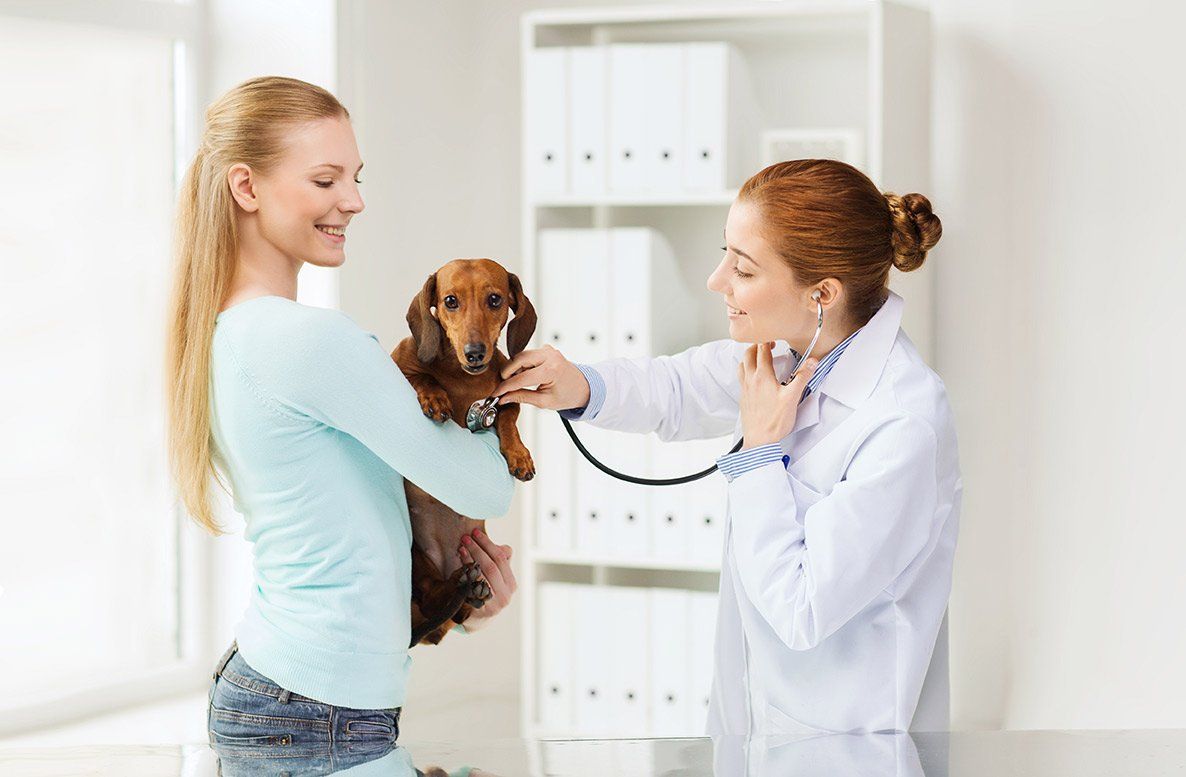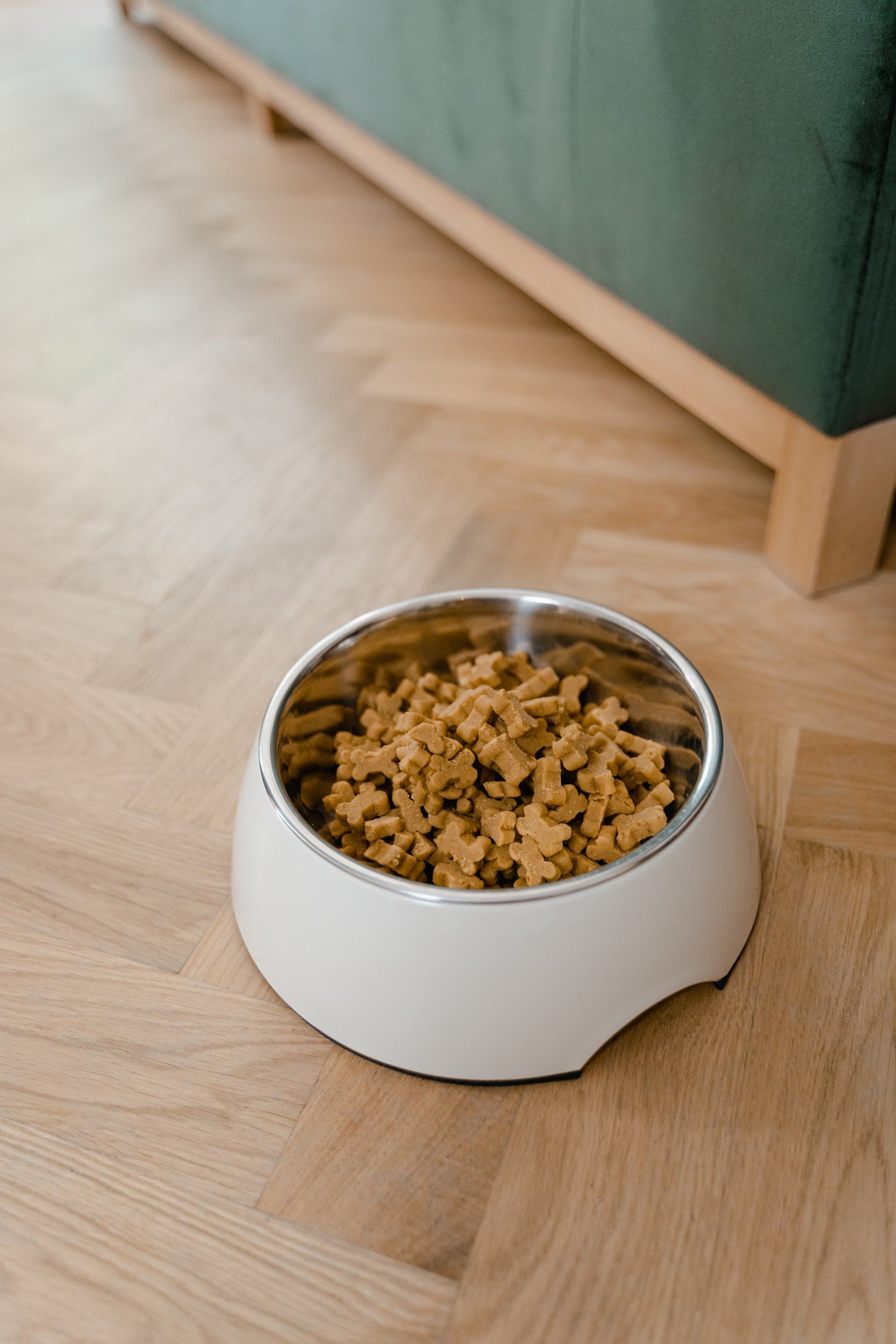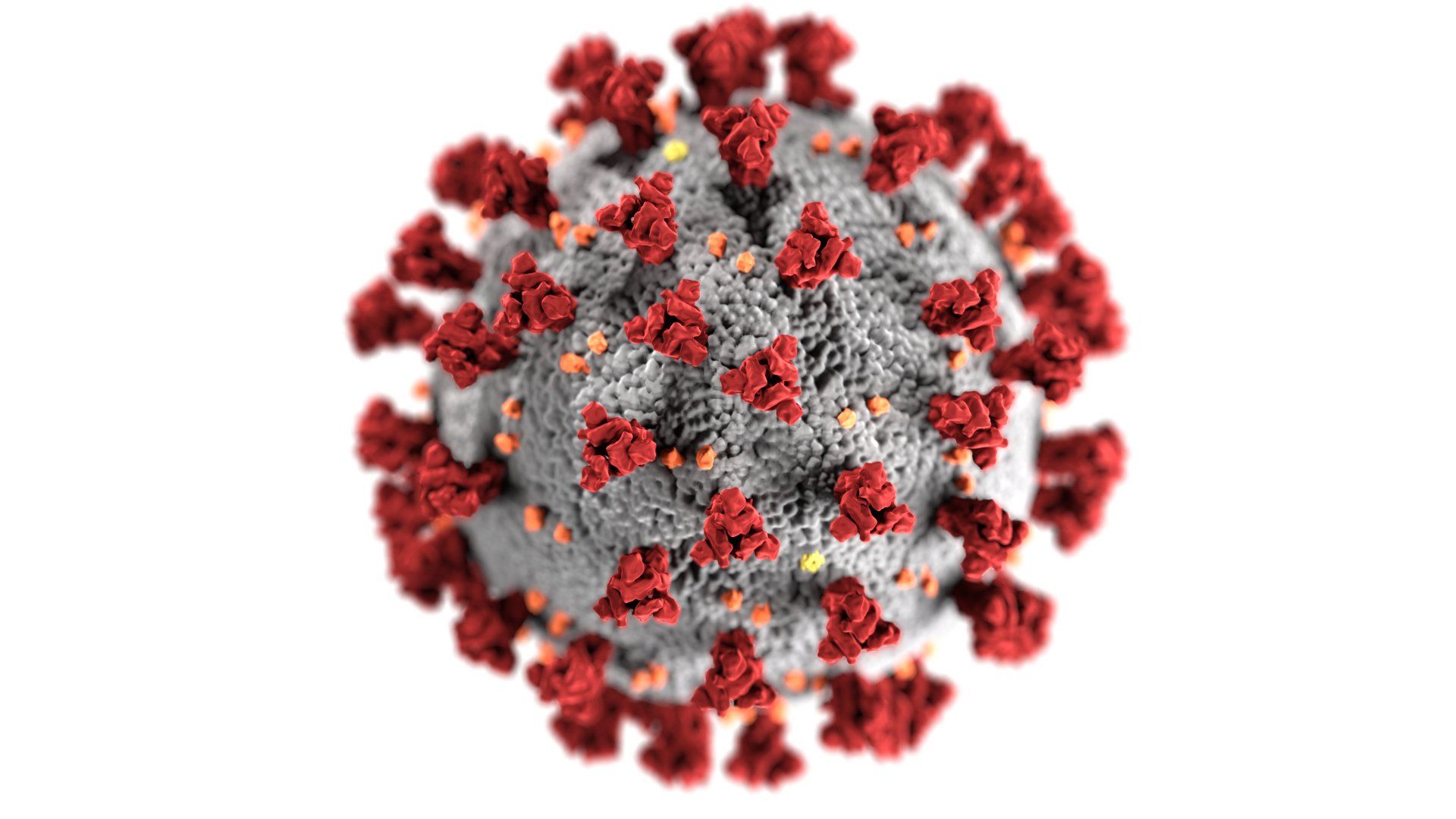Intestinal Parasite Test
Intestinal Parasite Test
At Seville Wadsworth Veterinary Clinic, we are passionate about the care of our animals. We believe that routine care is vital to the health of each and every patient for which we care. One part of the routine animal care that we will discuss below is the annual fecal, or Intestinal Parasite Test.
An Intestinal Parasite Test (IPT) is a very important part of the routine care of a dog, cat, horse, goat, sheep or any other animal. In some animals, it is highly recommended to perform serial testing (testing several times over the course of time) of fecal samples. We often called this paired testing a fecal egg reduction test.
Why is it important?
An IPT is vital to the well-being of animals, as parasites often cause clinical diseases. These range from general ill-thrift to more debilitating diseases. Ill-thrift may simply show up as an animal that is growing slowly, is lethargic, or simply one that fails to perform well. Some animals, particularly the younger ones, can carry a large enough parasite load to cause death. It is also important considering the fact that some parasites carry a zoonotic risk (They can be contagious to humans).
Can I just Deworm my animal?
While deworming products are readily available, they are limited in their abilities to treat parasites. There are really only three classes of dewormers available and worms can get resistant to each class over time. For this reason, it is important to identify the specific worms that are present in order to treat them effectively.
What is an Intestinal Parasite Test?
The IPT is a test that we perform on a fecal/ stool sample using a microscope to look for the eggs of each different type of worm. This test involves several steps in order to be performed appropriately. The first step is placing the fecal sample into a special solution. This is often a specialized sugar solution that makes the worm eggs easy to detect once the test is completed. The solution is strained to eliminate larger particles and pieces of debris. Once strained, the solution is placed into a centrifuge and spun at a high speed for about 10 minutes. This helps to separate the eggs from the actual fecal matter (poop). Once the spinning is complete, a cover slip, which is a small piece of glass, is placed on the solution. The parasite eggs float to the top and “stick” to the cover slip. The cover slip is placed onto a slide and then looked at under the microscope.
What Worms do you Detect?
An IPT is a great test to detect several parasites, or worms. For dogs and cats these include Roundworms, Hookworms, Whipworms , Tapeworms (though it is not as reliable for tapeworms), and coccidia. In horses, we test for small strongyles (roundworms), large strongyles, bots, pinworms, coccidia and bloodworms. In ruminants (Cattle, Sheep and goats), the IPT detects mainly strongyles and coccidia.
Why Perform a Fecal Egg Reduction Test?
This is a test that is most often performed in farm animals. The purpose is to measure the worm burden prior to administering a deworming agent and then again following the deworming agent. This allows the tester to monitor the efficacy of the deworming agent that was used. Most farm animals will carry a worm burden all of the time due to the presence of worms in their environment. Pastured animals often pick up immature parasite forms from the pasture itself. This test is performed as described above, with typically a 6 week gap in between testing.
We believe that yearly testing for internal parasite is very important in our area of Seville, Wadsworth, Lodi, Rittman, Medina and the surrounding regions of Wayne and Medina counties. By testing and treating for these worms, we can reduce the build up of parasite eggs and larva within the environment. This is very important when we consider common areas such as, Hubbard Valley and River Styx parks. Please contact us if you have any questions regarding the importance of the IPT or about routine parasite prevention.
Written by Jeff Fink D.V.M.










